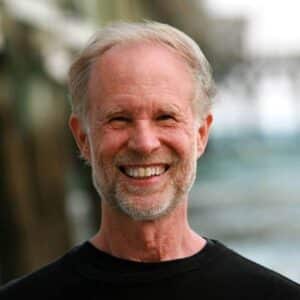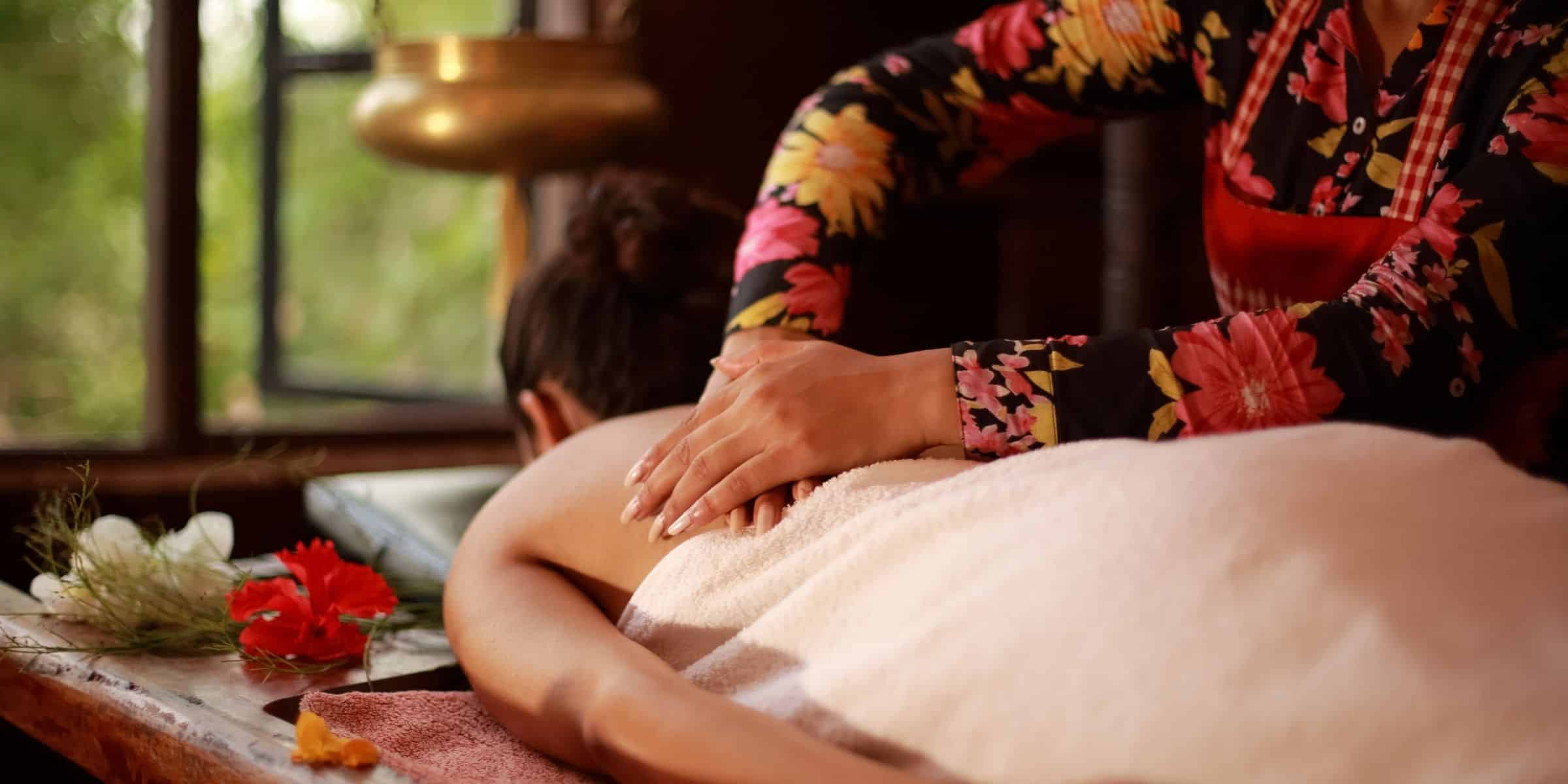After practicing Western medicine (Allopathy) for 25 years, I became disappointed with many aspects of the culture surrounding it – namely, the lack of emphasis on prevention, and the over-reliance on prescription drugs.
At the time, I wasn’t aware of the system of optimal health from India that is all about prevention. It’s a system that uses natural herbs instead of synthetics to promote well-being, a system that incorporates yoga for healing the body and mind. It’s called Ayurveda, or “the knowledge of life.”
Over the next few years, I discovered the ways in which Ayurveda can be a more effective approach to health, especially when it comes to treating mental unrest like anxiety and stress. Many diseases can be prevented as patients learn how to de-stress and create healthier daily routines. The ultimate goal of Ayurveda is a healthy physical body, a calm (sattvic) mind, and a heart connection with Spirit.
Allopathy vs Ayurveda
Both Ayurveda and Allopathy (traditional Western medicine) have their place in health and healing. “Allo” means opposite, and “pathy” means disease. In allopathy, pharmaceutical drugs are prescribed that have opposite effects to the diseases’ symptoms. Sometimes, allopathy can be life-saving. Examples include the epi-pen (epinephrine injection) for a life-threatening bee sting allergy (anaphylaxis), and antidotes, like Narcan, for opiate overdose.
However, Allopathy has its shortcomings. It often focuses more on treating symptoms more than curing diseases. Anti-depressants like Zoloft are prescribed for depression, and medications like Xanax for anxiety. While these may relieve symptoms, they do not address the root cause of these issues.
Unfortunately, these synthetic drugs also come with long lists of side effects, and can actually negatively affect brain chemistry. Prozac was given a black-box warning by the FDA, the strongest caution given before a drug is yanked from the shelf. Why? Prozac made some suicidal patients worse, especially those in the 18-25-year-old age group.
Dr. Deepak Chopra put it bluntly: “I think it is just the fact that there is a lot of frustration when all you do is prescribe medication, you start to feel like a legalized drug pusher. That doesn’t mean that all prescriptions are useless, but it is true that 80 percent of all drugs prescribed today are of optional or marginal benefit.”
Why Ayurveda? Treat root causes, not symptoms
Ayurvedic medicine is, in many ways, opposite to the Western approach. According to Ayurvedic master Dr. David Frawley, deep-seated anxieties must be pulled out by their roots. Both Ayurveda and Yoga do so with the practices of yogic breath and mantra. These practices are yoga for your mind and key components in self-care. Pranayama and mantra are at the core of the Happiness Program and Sahaj Samadhi Meditation, taught at the Art of Living Retreat Center.
It’s all about prevention
One answer to “Why Ayurveda” is its emphasis on prevention, or Sva-stha-vrit-ta.
Svasthavritta means “the protocols by which one can remain healthy.”
So much disease (heart attack, stroke, cancer) could be prevented by awareness of these Ayurvedic protocols:
- Treat organic fruits and veggies as medicine. You will be prescribed specific foods and healing spices based on your body-mind type, or dosha.
- Develop a healthy exercise pattern like Yoga or Tai Chi.
- Learn how to de-stress with mantra and pranayama (breath practices).
- Learn the principles of Ayurvedic detox. Put no junk food in your body and no junk food in your mind. Try an Ayurvedic cleanse with superfoods like kitchadi.
Connection with Spirit
Another thing I love about Ayurveda is how it addresses our connection to Spirit. Allopathy seems dry in comparison to the holistic healing traditions of the East that are steeped in prayer and meditation.
Connection with Spirit is essential for complete health. Treating the body-mind without addressing Spirit leaves us dry, and often unhappy. Connection with Spirit helps us to realize our place in the Universe beyond time and space.
Of course, walking a spiritual path is a deeply personal decision. Dr. David Frawley tells us that spirituality is a big tent. He wrote that the Divine can be looked upon as a father, a mother, a brother or a friend — or as Nature, a saint, or the one divinity within us all: the higher Self.
It’s in your hands
Take charge of your health today. Don’t wait until something breaks. See an Ayurvedic practitioner and discover your dosha (body-mind type). You will then be prescribed a lifetime of better health: Svasthavritta — Ayurvedic essentials for staying healthy: right food, right exercise, right herbs, right sleep, and right actions.
Don’t forget: many Ayurvedic treatments are also fun. Steam bath therapy sweats away toxins. Shirodhara (bliss oil therapy) can calm the mind and expand awareness. Abhyanga, healing oil massage with medicated oils, can work wonders. For more info, contact the AOLRC Spa.
There’s no quick fix
Ayurveda is not about the “quick fix” or taking pills. Ayurveda is about discovering the root causes of disease, then treating it. Root causes may be related to a toxic diet, a dysfunctional relationship, stressful work, or repetitive thoughts. Yoga, Ayurveda, and a contemplative lifestyle, including self-inquiry, are the keys to success.
Choose Ayurveda to stay healthy and prevent illness. Choose Allopathy when it can be of benefit. These two approaches can be complementary, and not mutually exclusive.




